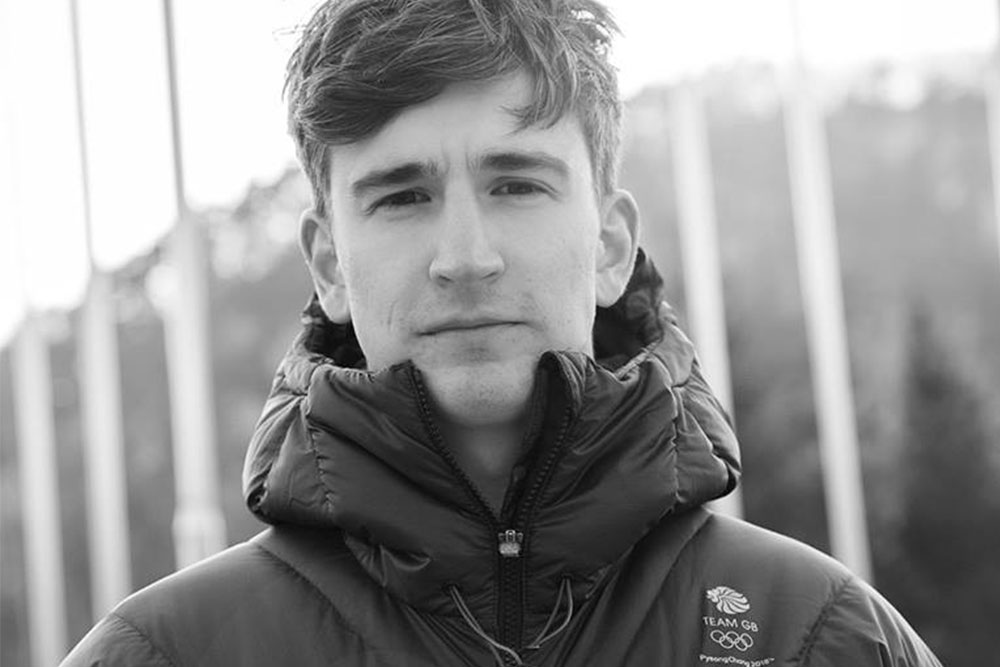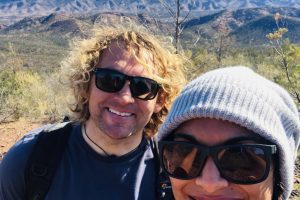5 things an Olympic Skier can teach you about balance

Meet Peter Speight, the two times British Halfpipe Champion and Team GB Olympic freestyle skier. Holding down a typical 9 to 5 job in London too, Peter credits maintaining some semblance of work-life balance to his competitive success. Impressed? We caught up with Peter to find out how he does it and how we can apply his learnings to our everyday life.
HAPPINESS IS THE KEY TO LONGEVITY
Bringing exercise and fitness into your life doesn’t have to be at the expense of the rest of your life. In fact, adopting a healthy lifestyle is more likely to be a lasting change if it compliments the rest of your lifestyle. I have found that integrating regular physical exercise into my routine has been massively beneficial to my mental health and, even as an Olympic athlete, I have been able to find a balance between work and play that helps me to reap the rewards. Torn between the gym and the pub? Do both.
BE MINDFUL OF YOUR OWN SHORTCOMINGS
In elite sport, in order to improve, you have to actively identify your own weaknesses and then work on them in order to move forward. It can be difficult to accept that you might have been doing things ‘wrong’ or in a counterproductive way but it’s the first step to being able to improve.
The more comfortable you can be with your own shortcomings in everyday life, the more likely you are to be able to change them and become happier in your own skin.
HIGH RISK, HIGH REWARD
Freestyle skiing takes enormous dedication and tunnel vision to achieve a goal. Its high effort, high risk and high reward. Aiming for perfection however is futile and does not necessarily reap happiness. Instead, accept that hard work is a part of the equation, factor this into your lifestyle and enjoy the process.
If your life is dominated by ‘the grind’, ask yourself, is it worth it?
YOU DO YOU
Finding your own balance and where you sit on the scale takes time. For me, I realised that having other things in my life alongside skiing was hugely important to my happiness.
There was a period of time when I trained very intensely and ignored this need, rather than improve my performance, it actually suffered because of it. It was only when I identified what I needed that I found greater balance and went on to have my most successful year of competitions ever. There’s no magic formula, you have to work things out for yourself.
PERSPECTIVE
From injury to funding cuts and judges, as an Olympian athlete, I have experienced several situations that haven’t been fair. There are so many factors outside of our control that determine whether you ‘succeed’ or ‘fail’ that in order to go the distance, you must learn to let it go.
Having perspective and looking at these difficult situations objectively is tough but can also be liberating. Ultimately, you are not at the centre of the universe. If you want to improve your resilience, adopting this perspective in challenging situations is key.








